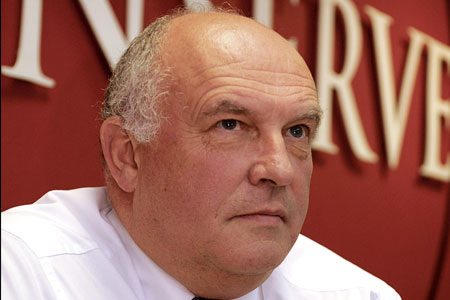Value for money is the central philosophy underpinning fleet strategy at drinks dispense systems supplier Innserve.
Cost is important, of course, and every element of the fleet is scrutinised to identify savings, but the Yorkshire firm puts greater emphasis on ensuring its partners deliver quality service and support.
It facilitates a partnership arrangement by giving them something back. For example, Innserve pays for the onward delivery fuel rather than the dealer funding it from its own pocket.
Fleet manager Simon Binks says: “We let our suppliers have a sufficient margin in the process so that if something goes wrong, they will find a solution. We use local suppliers to build the relationship.”
It pays dividends: on a number of occasions, Innserve’s local dealer has sorted out issues not under warranty or included in the leasing agreement free of charge.
A mechanic by trade, Binks’s route into fleet management followed a career in motor retailing which culminated in a spell as aftersales director at Yorkshire retailer Nidd Vale.
His first taste of fleet was assistant transport manager at Wolseley.
He was hooked. From there Binks went into fleet consultancy, initially in the builders’ merchant sector, then with North Yorkshire Police before the constabulary brought him in full time.
After six years as its fleet manager, he returned to consultancy before taking his present role with Innserve four years ago.
The route from franchised dealer to fleet manager is not a well-worn one. So why did Binks decide that fleet offered a more attractive career choice?
“Every day is different and every challenge is different,” he says. “Many people can undertake fleet management from a text book but you also have to think outside the box.
“Fleet management is about the added value that you can contribute to the bottom line profit. It’s about being strategic and supporting the operational side of the business.
"Some people simply manage the shop; others manage the situation.”
One way Binks “manages the situation” is by taking a fluid approach to writing vehicle contracts. The benchmark quote is based on four years/100,000 miles using Lex Autolease’s wholelife cost system for comparative purposes.
However, business is re-written annually based on each driver’s previous year’s mileage.
“We write it to their usage so some cars are on 27-month replacements, others are up to 48 months,” Binks says.
“We monitor it each month with regular updates. As a result, we have substantially reduced our excess mileage charge.”



















Login to comment
Comments
No comments have been made yet.